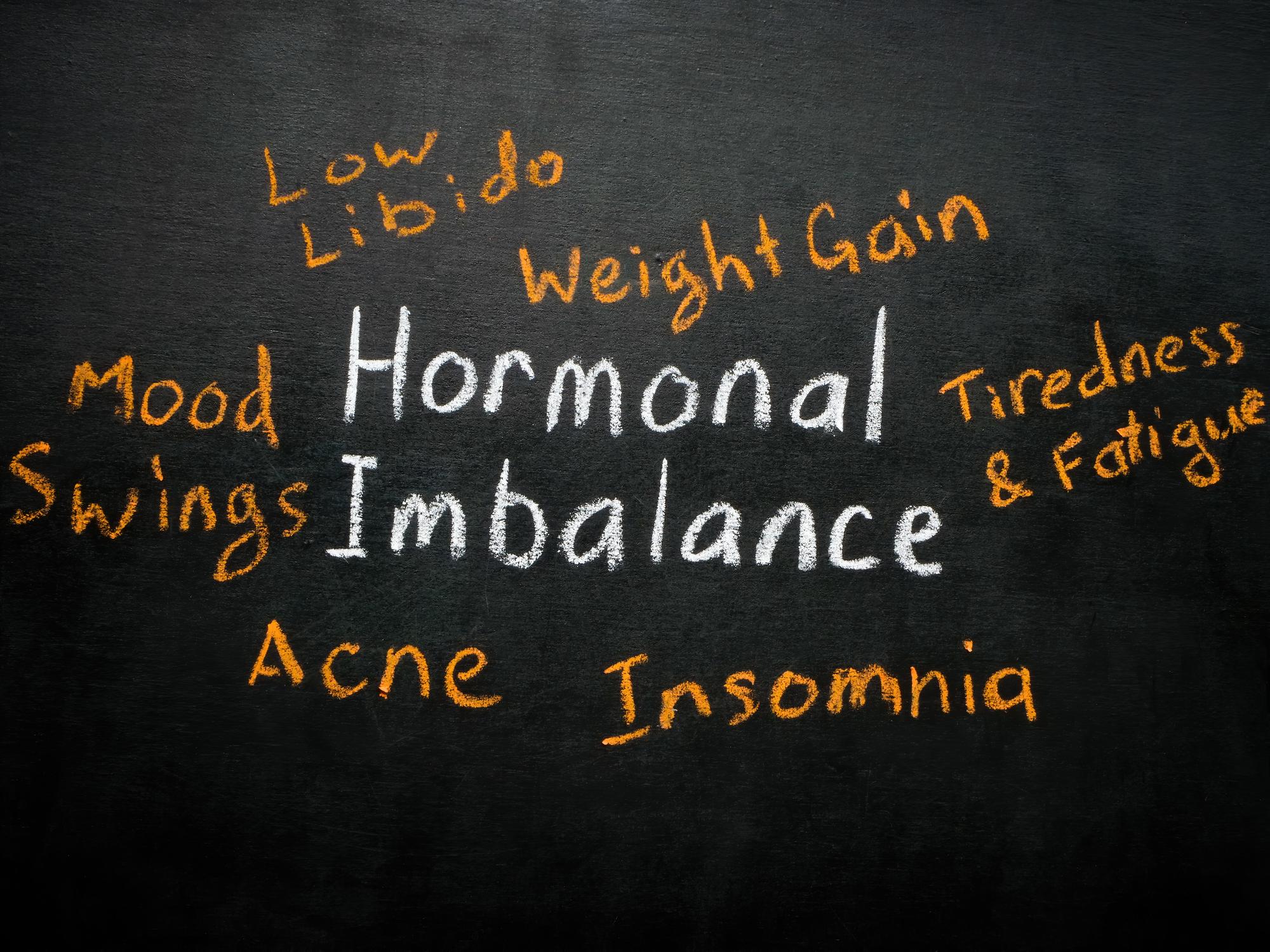
The Science of Fatigue: How Hormones Impact Your Energy and Well-Being
Fatigue is a common complaint, affecting countless individuals in various ways. Understanding the underlying biochemical processes can offer insights into why we feel tired and how to address it. One crucial factor is the role of hormones in managing energy levels and overall fatigue. Here’s a breakdown of key hormones involved and how their imbalance can impact your well-being.
Cortisol: The Stress Hormone
“Cortisol is like that overly dramatic friend who always shows up when things get tough, and just like them, it can leave you feeling completely drained!”
Cortisol, often called the “stress hormone”, is produced by the adrenal glands. It regulates metabolism, the immune response, and stress. Chronic stress can lead to high cortisol levels, disturbed sleep, increased blood sugar, and causes muscle breakdown.
Adrenaline: The Alertness Hormone
“Think of adrenaline as your body’s personal coffee shop. Great in small doses, but guzzling down too much will have you crashing before you know it.”
Adrenaline, also known as epinephrine, prepares the body for the ‘fight or flight’ response. While beneficial in short bursts, constant high levels can deplete energy reserves, leading to fatigue. Managing stress is crucial to avoid these adverse effects.
Thyroid Hormones: T3 and T4
“Your thyroid is like the thermostat of your body. Too low, and you’re wrapped up in blankets; too high, and you’re stuck in a never-ending summer.”
The thyroid gland produces T3 and T4 hormones, essential for metabolism and energy. Low levels (hypothyroidism) decrease energy, while high levels (hyperthyroidism) overstimulate the body, leading to fatigue.
Insulin: The Blood Sugar Regulator
“Insulin is like your personal accountant for sugar. Unfortunately, when it messes up the books, you feel it in your energy levels!”
Insulin, produced by the pancreas, regulates blood glucose. Insulin resistance can cause unstable blood sugar levels, leading to fatigue due to fluctuating energy and inadequate glucose uptake by cells.
Melatonin: The Sleep Regulator
“Melatonin is the bouncer of your sleep club—when he’s on break, your sleep party can get pretty wild and not in a good way.”
Melatonin, secreted by the pineal gland, regulates the sleep-wake cycle. Disruptions in melatonin levels can severely impact sleep quality, directly linking to fatigue and lack of energy.
Growth Hormone: The Recovery Agent
“Growth hormone is like the body’s repair crew, but when they’re on a coffee break, everything slows down, including your recovery.”
Produced by the pituitary gland, growth hormone is essential for tissue growth, repair, and metabolism. Insufficient levels can hinder tissue repair and regeneration, contributing to fatigue and slower recovery.
Testosterone: The Male Energy Booster
“Testosterone is like the fuel for the sports car that is your body—run out, and you’ll feel like you’re pedalling a bicycle uphill.”
Testosterone is key for muscle mass, energy, and mood in men. Low levels can lead to decreased muscle mass, fatigue, and a decline in overall vitality.
Estrogen: The Female Energy Balancer
“Estrogen is like an orchestra conductor—if she’s out of tune, the whole performance feels off.”
Estrogen plays a vital role in energy levels, mood, and overall health in women. Imbalances in estrogen can cause fatigue and mood swings and affect the body’s natural rhythms.
“Remember, when your body’s feeling like a tired old car, it might just be your hormones trying to send you a subtle (or not so subtle) message!”
- Lifestyle
- Psychology
- Well-being

The Silent Decline: Why Men Are Losing Testosterone Faster Than Ever
There’s a quiet crisis playing out in men’s health and it has nothing to do with fitness trends or protein shakes. It’s testosterone. And it’s falling fast. Studies show that men today have 20-30% lower testosterone levels than men of the same age two decades ago. That’s not genetics, that’s lifestyle. Every year, the numbers […]

Invisible Emergencies
“Help. Help. Help. I am drowning.” “Maybe we can come back tomorrow to rescue this poor lad… I’m sure they can hang in a little longer…” said no one ever. Because physical injury is visible. The need for repair seems obvious. It’s instinctual to identify a human in crisis — an accident, a burn, a […]

 Workplace Well-being
Workplace Well-being Reinforced Learning
Reinforced Learning Collaboration
Collaboration